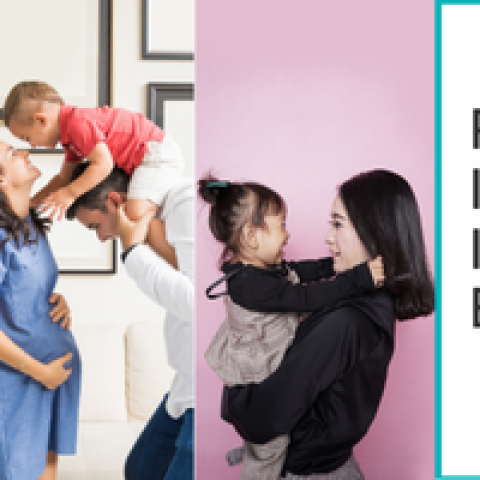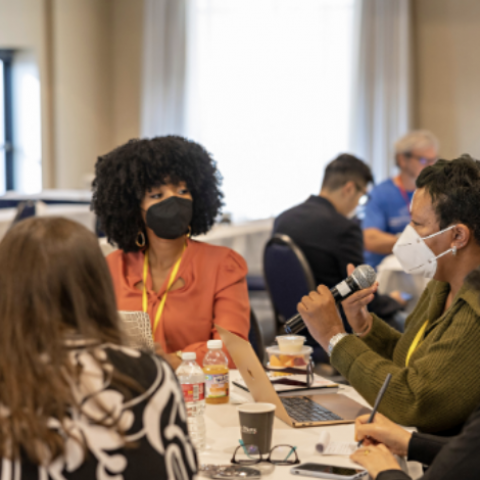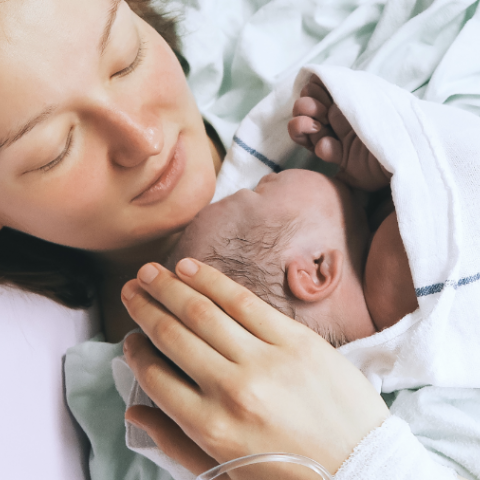We hear a lot about what we can or can't eat, take, or do while pregnant! While some of it is true, it is also important to discuss personal needs, challenges, and preferences with your healthcare professional. So, why limit or avoid certain things? Some things pose a higher risk during pregnancy. Even small amounts can affect your baby’s health and development. It is important to be aware of the risks and recommendations and to take action, if needed.
1. Caffeine
Studies suggest that cutting caffeine out completely may not be necessary. Most experts recommend limiting caffeine consumption to around 150-300mg per day while pregnant. This is roughly equal to one 12-ounce cup of coffee. Keep in mind that coffee is not the only caffeinated beverage! Teas and sodas are two common caffeinated drinks that you should take into account when monitoring your daily intake.
2. Alcohol
Experts don’t really know what is considered a “safe” amount of alcohol during pregnancy, and because they don't know, strongly advise pregnant women against drinking any alcohol while pregnant. Because of the challenges of testing alcohol during pregnancy, there have not been many studies to look at the effects of moderate or low alcohol consumption during pregnancy.
However, decades of research links alcohol consumption during pregnancy with the development of Fetal Alcohol Spectrum Disorders (FASDs) in babies. Because of what we know about fetal alcohol spectrum disorders, it is impossible to say that drinking any amount of alcohol during pregnancy is completely safe for you or your baby.
If you have concerns about drinking or have questions about alcohol, talk with your healthcare professional or check out the National Center on Alcoholism and Drug Dependence and the American Pregnancy Association for more information.
3. Tobacco and Marijuana Use
Smoking is well known to increase health risks of cancer, gum disease, and more. In addition to typical risks of tobacco and marijuana use, using them during pregnancy can cause additional health problems for both you and your baby. Smoking, vaping, or chewing tobacco during pregnancy has been associated with increased risk of birth defects, health problems associated with preterm and low birth weight, and other harmful outcomes. While smoking less than your normal amount may be slightly better for your baby’s health, quitting completely is best for both of you. There are also health risks to you and others who are around tobacco or marijuana smoke.
Like alcohol, research is lacking on marijuana use in pregnancy, but experts recommend that pregnant and breastfeeding women do not consume marijuana in any form.
This is a really big change and really hard for many women! It’s important to find support and discuss with your doctor. There is lots of information and available programs to help you plan for quitting and get you through the day without tobacco or marijuana.
4. Prescription Medications
Just like the symptoms we feel and the conditions they treat, there’s no “one size fits all” answer when it comes to safe prescription medication during pregnancy. Every medicine is different and has unique benefits and precautions that should be discussed with your healthcare professional. For example, a common treatment for hypertension known as beta blockers are commonly regarded as safe to continue taking during pregnancy. However, other medications, such as painkillers known as “opioids,” bring serious risks including addition, pregnancy complications, birth defects, and preterm birth.
Always consult your healthcare professional before making changes to any medications you take on a regular basis. It is important to tell your doctor about ALL the medications you are taking, even if you may be taking them differently than directed (e.g. taking higher doses, mixing with drugs or alcohol, or taking someone else’s prescription). If this is a difficult conversation to start or don’t know what types of questions to ask, check out these resources for more information online.
- MothertoBaby
- U.S. Food and Drug Administration
- Treating for Two, Centers for Disease Control and Prevention
5. Recreational Drugs
Overall, studies have shown that use of recreational drugs during pregnancy can significantly increase the risk of stillbirth, Neonatal Abstinence Syndrome, and other very serious outcomes. If you have concerns about drug use or stopping while you’re pregnant, talk to your healthcare professional immediately.
The National Drug Helpline is a confidential resource that can help you find information and resources in your area. Your healthcare professional can also be a valuable resource for personalized advice. He or she can help you assess any health risks and come up with a plan that takes into account your needs and and your baby’s, and other children if you have them.
Remember
Asking for help is hard. Just remember that you are not alone, and there are many places to turn to for guidance and treatment. Check out the resources and links below, and reach out to your health professional if you have any questions.







